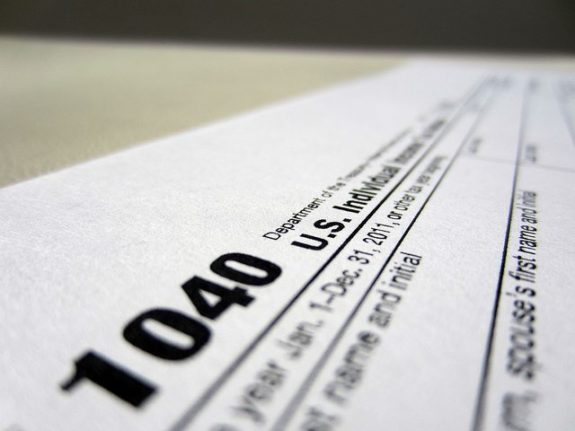
April 15, 2017; CNBC
According to TaxMarch.org, around 200 Tax Day rallies and marches took place on Saturday, April 15th. The rallies were a forum to draw attention to the fact that the nation has still not seen its president’s tax returns, despite the fact that he intends to take up tax reform as his next big challenge. The issue of the president’s no-show on his tax returns touches on a variety of accountability issues. Did he pay his fair share? How much business has he done—and is he doing—with foreign governments with which this country has delicate relationships, like Russia? What would his tax returns say about his belief in personal civic responsibility and a fair economy? Presidents and many presidential candidates have released their tax returns voluntarily since Richard Nixon initiated the practice in the 1970s.
Trump refused to share his returns based on the presence of an ongoing audit, even though the IRS has said that should pose no problem. Ezra Levin, executive director of Indivisible, one of a number of high-profile progressive groups behind the marches, said, “It’s about whether or not the president of the United States is acting in the interest of the American people or whether he’s lining his own pockets or serving another master…Congress has the power to find out and they’ve used it before.”
Sign up for our free newsletters
Subscribe to NPQ's newsletters to have our top stories delivered directly to your inbox.
By signing up, you agree to our privacy policy and terms of use, and to receive messages from NPQ and our partners.
President Trump’s response to the rallies—delivered, as usual, by tweet—was to wonder who was bankrolling them. “Someone should look into who paid for the small organized rallies yesterday.” He dismissed the concerns of the protesters as those of people still hung up on the presidential election. “I did what was an almost an [sic] impossible thing to do for a Republican—easily won the Electoral College! Now Tax Returns are brought up again?”
It shouldn’t be a surprise that the president’s tax returns are being brought up, as we are about to start a debate over taxes. In fact, the move seems to be on point.—Ruth McCambridge













